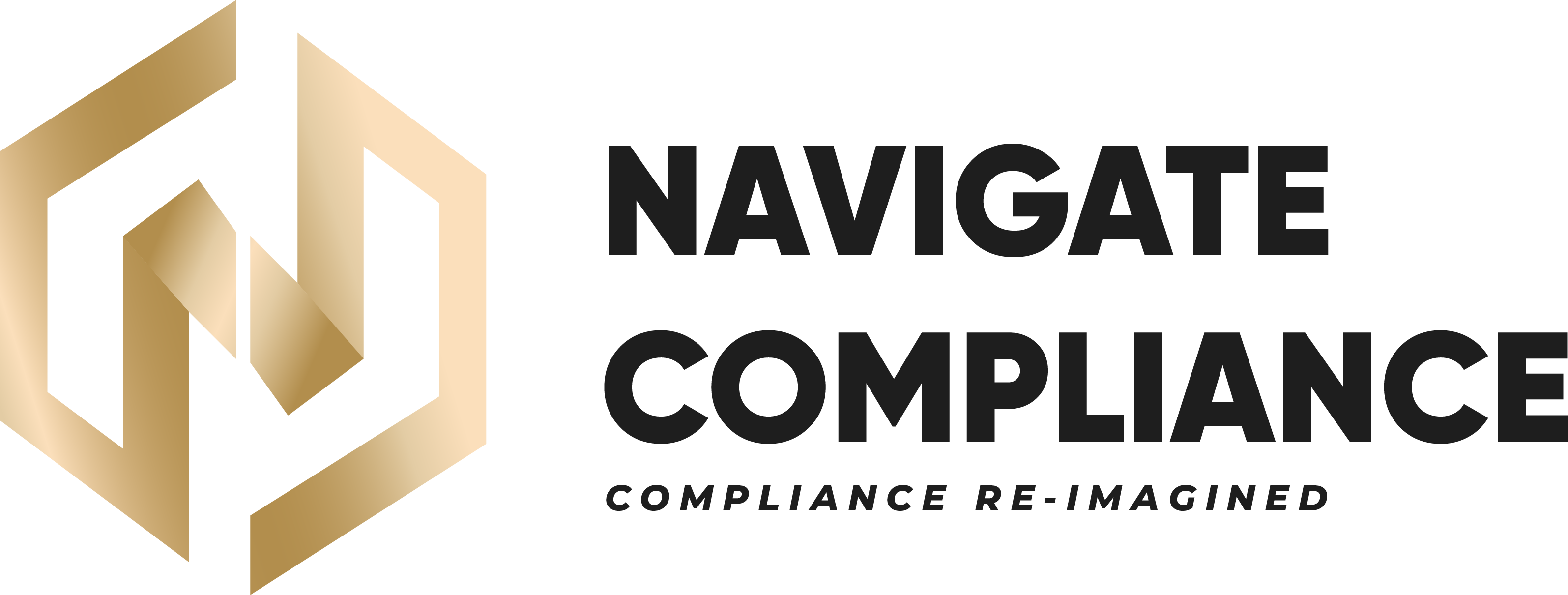
Mergers and acquisitions involve intricate legal, financial, and regulatory requirements.
Compliance plays a crucial role in ensuring that these transactions are conducted ethically and in accordance with the law.
Why Compliance Matters
Compliance is essential for mitigating legal risks, preserving reputational integrity, and ensuring financial transparency. By prioritizing compliance, you can navigate complex legal landscapes, build trust among stakeholders, and make informed decisions based on accurate financial reporting. Mergers and acquisitions can be transformative opportunities for companies, but they also come with legal, regulatory, and ethical challenges. Compliance with applicable laws and regulations is essential to protect the interests of stakeholders, maintain public trust, and achieve a successful integration. By prioritizing compliance considerations, companies can navigate the complexities of the M&A landscape and create a solid foundation for future growth and success.
How can we help?
- Thorough risk and compliance due diligence to identify potential risks associated with a target company.
- Reviewing of beneficial ownership
- Conducting background checks on the company and its beneficial controllers.
- Conducting gap analysis on the target company’s compliance documentation
- Establishing the controls that need to be implemented to ensure compliance with the acquiring company’s policies and procedures.
- Employee compliance during M&A processes, including reviewing contracts and ensuring labor policies align with legal requirements.
- Employee screening
Effective post-merger integration planning, outsourced compliance officers, including the integration of compliance systems, policies, and procedures.
Ready to Navigate Mergers and Acquisitions with Confidence?
Let Navigate Compliance be your trusted partner in ensuring seamless and compliant transactions. Contact us today to explore how our tailored solutions can support with your mergers and acquisitions.
k
k


Let’s delve deeper into why compliance is essential in the realm of Mergers and Acquisitions.
Legal and Regulatory Framework
Merging or acquiring companies need to navigate a complex legal and regulatory environment. Compliance with laws and regulations helps ensure that the transaction is conducted in a lawful manner, avoiding any legal ramifications or reputational damage. Failure to comply with relevant laws and regulations can result in financial penalties, litigation, and even the termination of the M&A deal.
Various legal aspects must be considered in an M&A transaction, including antitrust laws, securities regulations, labor laws, intellectual property rights, and environmental regulations. Compliance with these laws ensures fair competition, protects investors, safeguards employee rights, and promotes sustainable business practices.
Due Diligence
Compliance is a critical component of the due diligence process in M&A. Due diligence involves an in-depth investigation and analysis of the target company’s financial, legal, operational, and compliance records. This process helps the acquiring company assess the risks and opportunities associated with the transaction.
By conducting thorough due diligence, the acquiring company can identify any existing or potential compliance issues, such as regulatory violations, pending lawsuits, or unethical business practices. Discovering these issues early allows the acquiring company to make informed decisions and take appropriate measures to address and mitigate the risks.
Safeguarding Reputation and Trust
Maintaining a good reputation is vital for any business. M&A transactions can significantly impact the reputation and trustworthiness of the companies involved. Compliance ensures that ethical standards are upheld throughout the M&A process, fostering trust among stakeholders, including customers, employees, shareholders, and the general public.
Non-compliance can tarnish a company’s reputation and erode customer and investor confidence. In today’s digital age, where information spreads quickly, a single compliance breach can lead to widespread negative publicity and long-term damage to a company’s brand and image. Therefore, adherence to compliance standards is crucial for preserving and enhancing the reputation of the merging or acquiring entities.
Integration Challenges
Post-merger integration is a complex process that involves combining the operations, systems, and cultures of the merging companies. Compliance plays a pivotal role in this integration process. Harmonizing compliance policies, procedures, and practices ensures a seamless transition and helps prevent any lapses in adherence to legal and regulatory requirements.
Failure to effectively integrate compliance frameworks can lead to inconsistencies, gaps, and internal control weaknesses. This not only exposes the newly formed entity to compliance risks but also hinders operational efficiency and impedes the achievement of synergistic benefits expected from the M&A transaction.
In summary, compliance is of utmost importance in mergers and acquisitions. It serves as a foundation for conducting M&A transactions in a lawful, ethical, and responsible manner. Compliance ensures adherence to legal and regulatory requirements, facilitates smooth integration, protects reputation, and maintains stakeholder trust. Companies engaging in M&A activities must prioritize compliance to navigate the complex landscape of laws, regulations, and industry standards successfully.
Remember, while mergers and acquisitions can be exciting opportunities for growth, ensuring compliance is essential for long-term success and sustainability in the dynamic business environment.




